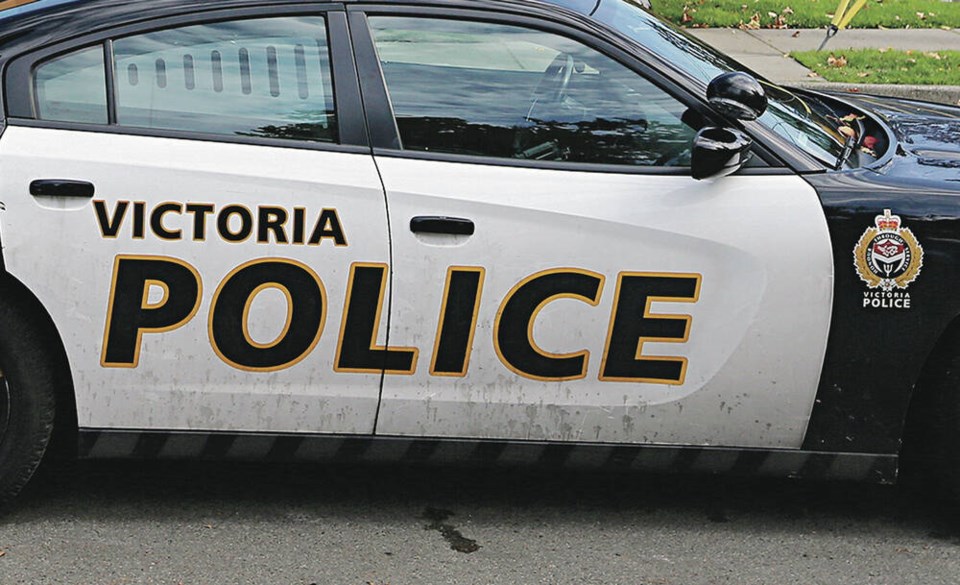The Greater Victoria School Board has refused to hear a presentation from an advocate for the school police liaison program because her submission is “not appropriate.”
Lori Poppe, who formed the group Parents and Police Together to campaign for a return of the program, wanted to submit “victim impact statements” from individuals whose families encountered problems with gangs and bullying and believes a school police liaison program would have helped. Superintendent Deb Whitten informed her on behalf of the board: “The content of the presentation is not appropriate for sharing in a public board meeting. We can confirm that this information has been received by staff and the board.”
Poppe solicited the statements through a Facebook group and deleted names and any other identifying information to protect the respondents’ privacy. She delivered them to the chair and vice-chair of the board at a private meeting in March. But parents wanted their experience on the public record, so the attempt was made to deliver the statements at a formal board meeting.
Multiple people, including Victoria Police Chief Del Manak, have appeared at board meetings over the current school year to advocate for the SPLO program since the board decided to end it out of concern that it made some racialized and minority students feel unsafe. Manak suspended the program in 2018 for budget reasons, but wanted to reinstate it when the board announced it was cancelled. He has since warned about an increase in gang activity near schools.
Some of the stories have been aired publicly over the past few months as objections mounted over the cancellation. Poppe said the refusal to hear them read into the record is concerning. “These are families who want to be heard on what has been lost. I don’t know what to say to them.
“It would be in the board’s best interests to be open and transparent on this issue.”
The board last month allowed a member of the region’s Mobile Youth Support Team to appear before the board to advocate for the program. Youth counsellor Mia Golden warned urgently about gang dangers in schools and said liaison officers are badly needed.
One of the victim impact statements recounted how a student became entrenched in gang culture. The family used every resource available, but the child became extremely stressed, “as these gangs are well-organized and relentless. There were people looking for them and waiting for them all day right outside the school.”
The student moved away and “has been advised not to come back for years because of the threat of gang retribution.
“We want to believe the trustees have good intentions, but they aren’t basing their decisions on any reality and as a result they are putting youth and our community in danger.”
Another statement said their child’s circle of friends was groomed by a local gang just as the SPLO was ending.
There were multiple suspensions and some calls to police that were handled by patrol officers.
“A liaison officer could have worked with their existing relationship to try to set them on a better path. They could have used their judgment as to whether the legal system is what our child really needed, Patrol doesn’t have that privilege.”
The family was disrupted, but recovered after the child moved away for several weeks.
The board also heard from a critic of the program at the most recent meeting who urged trustees to stay the course, copying them on a letter that was sent to local councils who had asked the board to rethink the shutdown.
“Despite what some people suggest, Greater Victoria police do replicate the harms of policing elsewhere, including through their use of force and by disproportionately policing BIPOC people, including youth.
“If there are gaps in student services, the answer is not to fill that gap with policing. You can and should help students by calling on the school district and the province to fund services that will keep all students safe.”
That view is in the minority, judging by the board’s correspondence file.
The middle ground position would be to reinstate the police liaison program, adjust it for racial and minority sensitivities and monitor the work.
But trustees have stopped listening now, so the gang issue will have to be tackled through criminal investigations of students who might have been diverted if they had met the right cop at the right time.
>>> To comment on this article, write a letter to the editor: [email protected]



